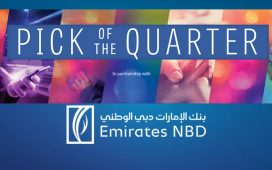By Kate Magee
The past December, at University Hospital in Coventry, 90-year old Margaret Keenan became the first person in the world to receive the Pfizer vaccine against Covid-19 as part of a mass vaccination programme.
It marked the start of a campaign that will continue for months, in an attempt to end or control the global pandemic that has plagued us for most of 2020.
The vaccine has been created and approved in less than a year. This is a staggering achievement by scientists who, after dedicating lifetimes to research, have spent 10 months working around the clock to bring this to fruition. It’s also thanks to those who volunteered to take part in clinical trials.
But, ironically
To continue reading this article you need to be registered with Campaign. Registration is free and only takes a minute. Register Now or sign in below if you already have an account.









